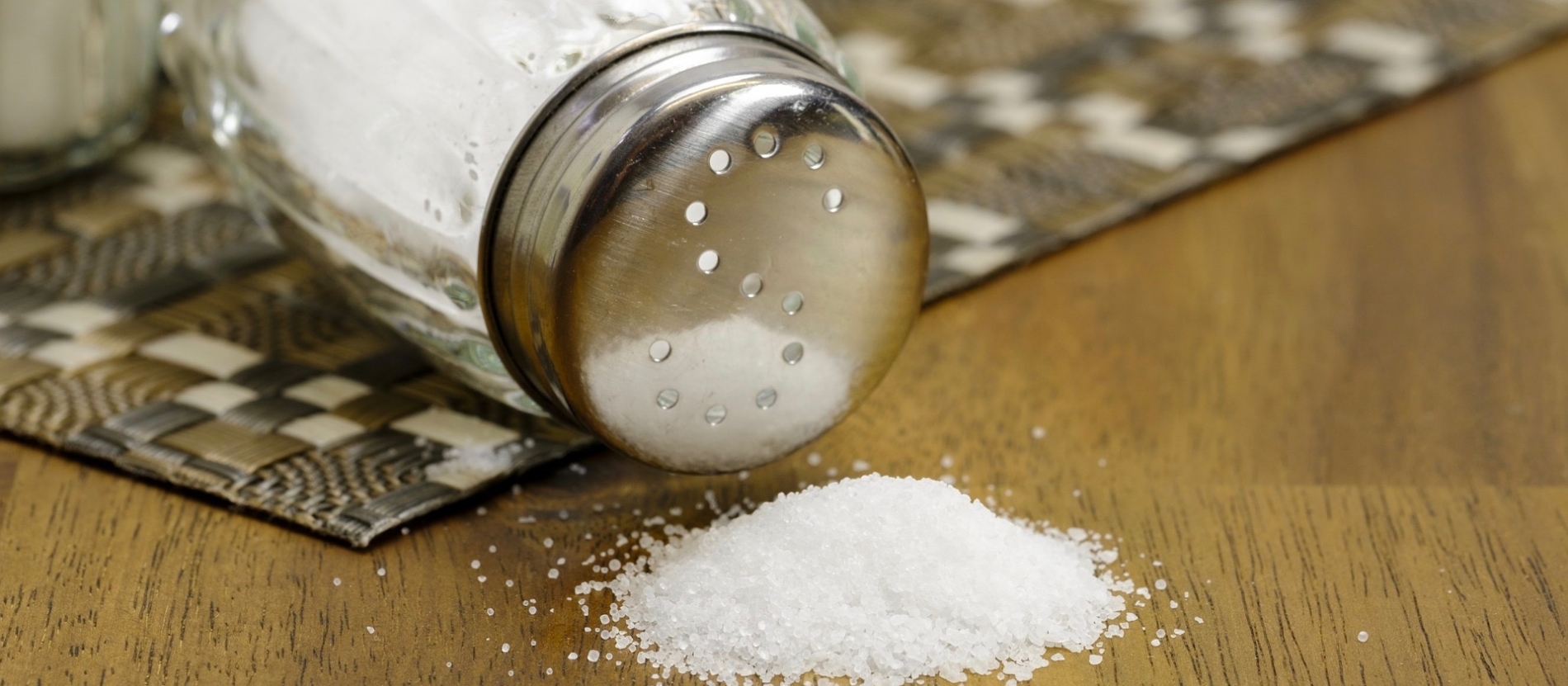Off late, there has been increased discussion over potassium ferrocyanide, chemical name of an ingredient that we always consumed, but never knew the name of.
All this blew out of proportion when there were media reports of edible salt in India having excess amount of potassium ferrocyanide, which could be dangerous for health. These reports claimed that the daily used iodised salt, produced by the premium brands in India, contains cyanide and is not safe for consumption.
Tata Salt and other prominent food brands in India released a statement debunking the media reports making round to clarify that the level of potassium ferrocyanide used in Indian salt brands is much lower than the permissible limits. This article throws light on what exactly potassium ferrocyanide is and how is it beneficial in various forms.
Potassium ferrocyanide (K4[Fe(CN)6]) works as an anti caking agent and it’s been used in table salt since a long time. It plays a crucial role in preventing formation of lumps in table salt, thus, keeping it fresh for a long time. Another application of PFC is in organic chemistry as an oxidising reagent.
In India, FSSAI allows a limit of 10mg PFC per 1 Kg of salt. Brands like Tata Salt maintain the level at around 3mg per Kg, which is way less than the allowed limit and poses no threat to our health. The amount of PFC used was always around the same mark, even when the FSSAI guidelines did not mention anything regarding PFC.
A number of countries, including the US, European Union, Australia, New Zealand have permitted the use of PFC in table salt. When this controversy came out, FSSAI (Food Safety & Standards Authority of India), which issues certifications for food products in India, clarified that the amount of PFC used in Indian brands is well under the limits and the salt is safe for consumption.
Tata Salt, along with a number of media outlets like Boom Live, Alt News, Hoax-Slayer, The Times of India have debunked the claims of table salt containing cyanide.
Despite these online sources, which, time and again, have found no substance in the claims of table salt being harmful due to the presence of PFC, there are online articles doing round speaking otherwise.
To conclude, the reports doing round online are baseless in allegations. PFC has always been a part of the salt we consume in a permissible limit and it has no risk on our health in the short term or long term. Table salt is an integral part of Indian cuisine and it is in the interest of each one of us to have proper information on the ingredients and their usage to minimise the possibility of being influenced by the fake information.

